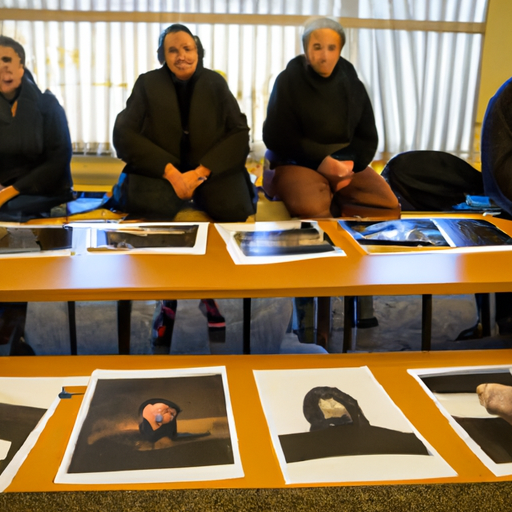Nova Scotia First Nations’ Historic Settlement: A Turning Point in the Canadian Opioid Crisis?
First off, it’s no secret that the opioid crisis is a pressing issue in Canada. Scoring records for the wrong reasons, this epidemic has caused irreversible harm to numerous communities across the country.
The Fathomless Depths of the Opioid Crisis
It is accurately described as a crisis because the number of opioid-related deaths has increased disturbingly over the years. It’s not only about the rising death toll; it’s also about the ripple effect this crisis has on society as a whole. It has been linked to a surge in crime rates, increase in homelessness, and significant strain on healthcare resources. In turn, it’s affecting families and neighborhoods, the quality of life, and reducing the life expectancy at the national level.
A Historic Settlement
The recent article on Atlantic.ctvnews.ca informs us of a historic settlement in Nova Scotia involving the Pictou Landing First Nations community. The settlement received in the opioid class-action lawsuit could set a precedent for communities that endured immeasurable harm due to the opioid crisis.
- The Pictou Landing First Nations community received collective damages worth $8 million as a part of the nationwide opioid class-action settlement.
- The settlement is intended to offset the cost of dealing with the opioid crisis.
- This is the first time any First Nations community in Canada has received a windfall of this kind.
The Bigger Picture
Aside from the monetary aspect, this settlement represents a symbolic victory for many who have struggled with opioids’ devastating effects. It is a glaring acknowledgement of the grievous harm induced by the indiscriminate disbursement of these potent drugs.
Efforts to Combat the Crisis
Moving beyond the settlement, it’s worth touching on some of the strategies employed to combat this overarching issue. One of them is the administration of naloxone. Naloxone, often dubbed as the ‘opioid antidote,’ has played a crucial role in saving numerous lives by inhibiting or reversing the effects of opioids.
Moreover, communities across the country have launched extensive awareness campaigns to educate the public about the potential harms of opioid misuse. Substance abuse treatment centers have been established to support opioid users and provide the necessary assistance to aid their recovery.
Hope in the Horizon?
The settlement for Pictou Landing First Nation exudes a ray of hope amid the all-encompassing darkness of the opioid crisis. While it may not solve the crisis, it marks a significant step towards ensuring that corporations and individuals who contributed to this epidemic are held accountable for their actions.
To encapsulate
The complexity and scale of the opioid crisis necessitate a multi-pronged approach, including legal settlements, implementing harm reduction strategies, promoting awareness, and increased support for treatment programs. It is equally crucial to remember that any solution should prioritize helping those entrapped in the cycle of opioid addiction to break free and rebuild their lives.
While we rejoice in the Pictou Landing First Nation’s victory and hope this acts as a precedent, the fight against the opioid crisis is far from over. The journey is indeed arduous, but it’s a battle we can’t afford to yield.
This historic settlement underscores the pressing need to address the opioid crisis – a crisis sprawling uncontrollably and indiscriminately across communities. Let this narrative act as a reminder that those affected by opioids are not mere statistics; they are people who are fighting a complex, relentless battle. And they deserve our support, empathy, and action.


